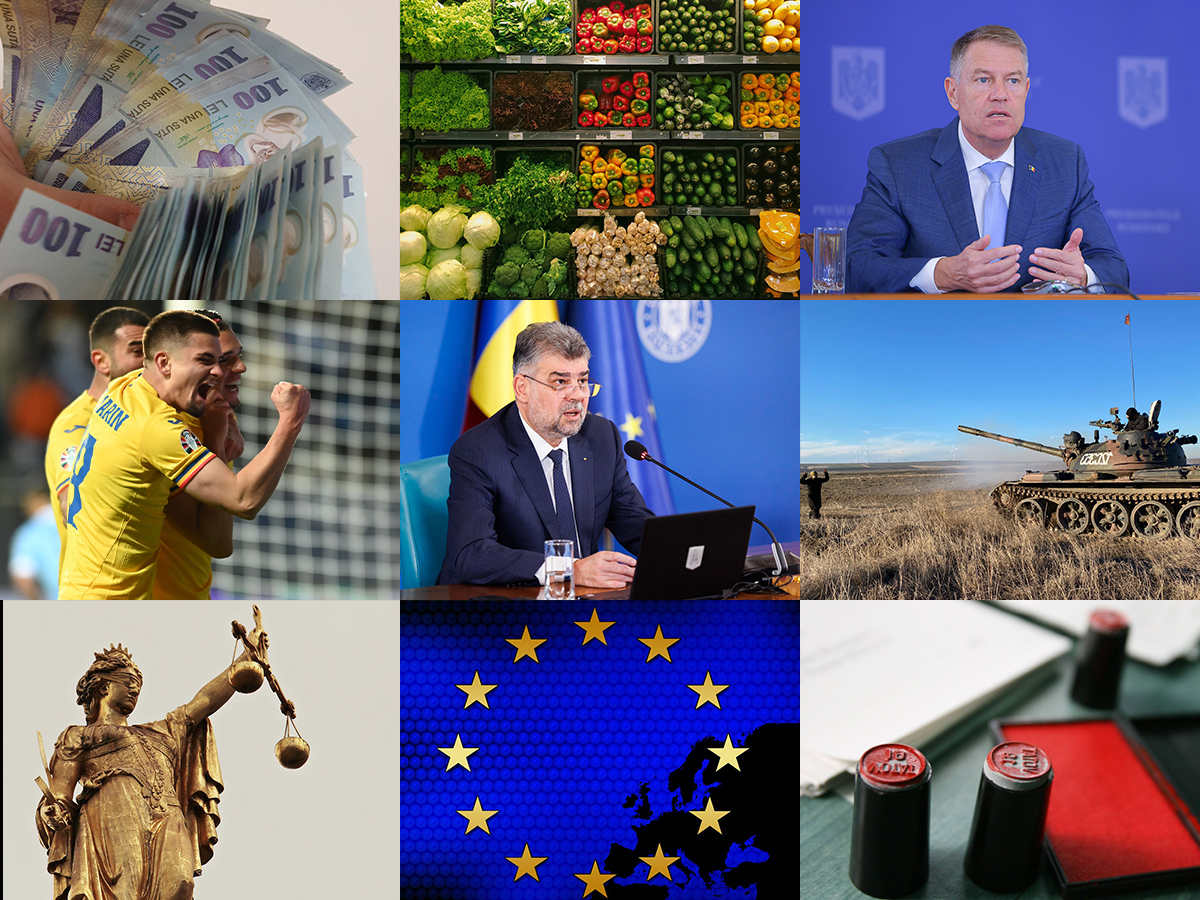The Week in Review 23-29 May 2021
A look at the main headline-grabbing events this past week

România Internațional, 29.05.2021, 13:21
COVID-19 in România
The Covid-19 pandemic in Romania has been on a downward trend lately. The number of new cases of infection reported in 24 hours, from Wednesday to Thursday, was half the number a week ago, standing at a little over 300. This development has been helped by the vaccination campaign that started late last year. On Thursday, Prime Minister Florin Citu launched the communication campaign titled “Together we defeat the pandemic! Whats in the vaccine?” developed by Romanias Government with support from UNICEF and other partners organizations. With the support of the media, 11 spots will be broadcast during the campaign: three general ones and eight targeting certain segments of the population, such as pupils, grandmothers, mothers, tourists or youth. “We need everybody for this campaign. Anybody can convince somebody to get vaccinated. Its an effort that we should all make, because only together we can defeat this pandemic. We get the jab and we regain our lives from before. Come on Romania, we can do it!” the Prime Minister said.
The Government relaxes anti-Covid restrictions
From June 1, a series of restrictions imposed by authorities to fight the COVID-19 pandemic will be relaxed. The measures were adopted at Thursdays government meeting and were announced by Prime Minister Florin Cîțu. The state of alert has been extended from May 31 by another month, but from June 1, cultural-artistic or entertainment activities can be organized in open spaces with the participation of a maximum of one thousand people. They will wear a mask and keep a distance of 2 meters between them. In order to participate in these activities, the persons concerned must have been vaccinated at least 10 days prior to the event or present a negative result of a PCR test or a rapid antigen test or a proof of confirmation of COVID-19 infection. Also, the organizers can decide to receive at a concert a larger number of participants if they are vaccinated and 10 days have passed since they got the booster.
Also, from June 1, a maximum of 70 people in open spaces and 50 indoors will be able to participate in private events such as weddings, baptisms, festive meals. Here, too, there is a derogation, in the sense that the number of participants can be higher if all those present are vaccinated. Another measure stipulates that cultural-artistic and entertainment activities may be carried out indoors with the participation of the public up to 70% of the maximum capacity of the space. The occupancy of accommodation facilities and resorts at the seaside will also increase by up to 85%, and activity in bars, clubs or discos will be allowed between 5:00 a.m. and 12:00 p.m. for vaccinated people.
President Klaus Iohannis at the European Council meeting in Brussels
Coordinating the fight against the pandemic, meeting the EUs climate goals, the relations with Russia and the United Kingdom, the Belarus air incident and the situation in the Middle East were the main topics discussed at the European Council in Brussels on Monday and Tuesday. The leaders of the 27 member states of the European Union approved the health certificate that should allow the reopening of borders and facilitate travel within the community bloc. President Klaus Iohannis said that Romania was in favor of its rapid and unitary implementation. He insisted that the use of the digital document must not affect citizens fundamental right to free movement. For her part, European Commission President Ursula von der Leyen said the infrastructure for the digital certificate would be ready by June 1, and member states would be able to connect to the system by mid-month.
Free movement within the EU for Romanians during the pandemic
On Wednesday Romania successfully tested the European interconnection system for digital travel certificates, which will facilitate free movement in the European Union during the COVID-19 pandemic. Certificates shall contain, inter alia, essential identification data such as name and surname, date of birth, issuing Member State and medical information. The documents would be introduced in July, and from a technical point of view, the specialists of the Special Telecommunications Service (STS) will be able to ensure the implementation in Romania of the necessary IT system. The testing action was performed by STS together with the community technical working group.
Talks in Parliament about the National Recovery and Resilience Plan
Reforms, investments and better management of public money are the objectives of the Bucharest government, which will implement the National Recovery and Resilience Plan presented in Parliament by Prime Minister Florin Cîţu. The almost 30 billion euros provided by the European Commission will reach all corners of Romania, to recover the time lost in the last 30 years, the head of the Executive promised. Prime Minister Florin Cîţu mentioned that, based on the Plan, Romania will receive money for investments, especially in transport, education and health, but for that more reforms must be implemented. He stressed the need for a guarantee that a strategy to eliminate the waste of public money will be maintained.
Prime Minister Cîțu also drew attention to the fact that all investments must be completed by 2026, otherwise European money will be lost. The plan triggered dissatisfaction from the opposition, which criticized the drafting of the document and accused the government of pursuing only austerity measures. Therefore, the main opposition party, the Social Democratic Party, announced that it will file a motion of no-confidence. The co-president of the Alliance for the Union of Romanians (AUR) George Simion, has stated that his partys parliamentarians will support any motion against the cabinet led by Florin Cîţu. On May 31, Romania will upload the plan into the IT system of the European Union, and on June 2 it will be published in full. (MI)




























